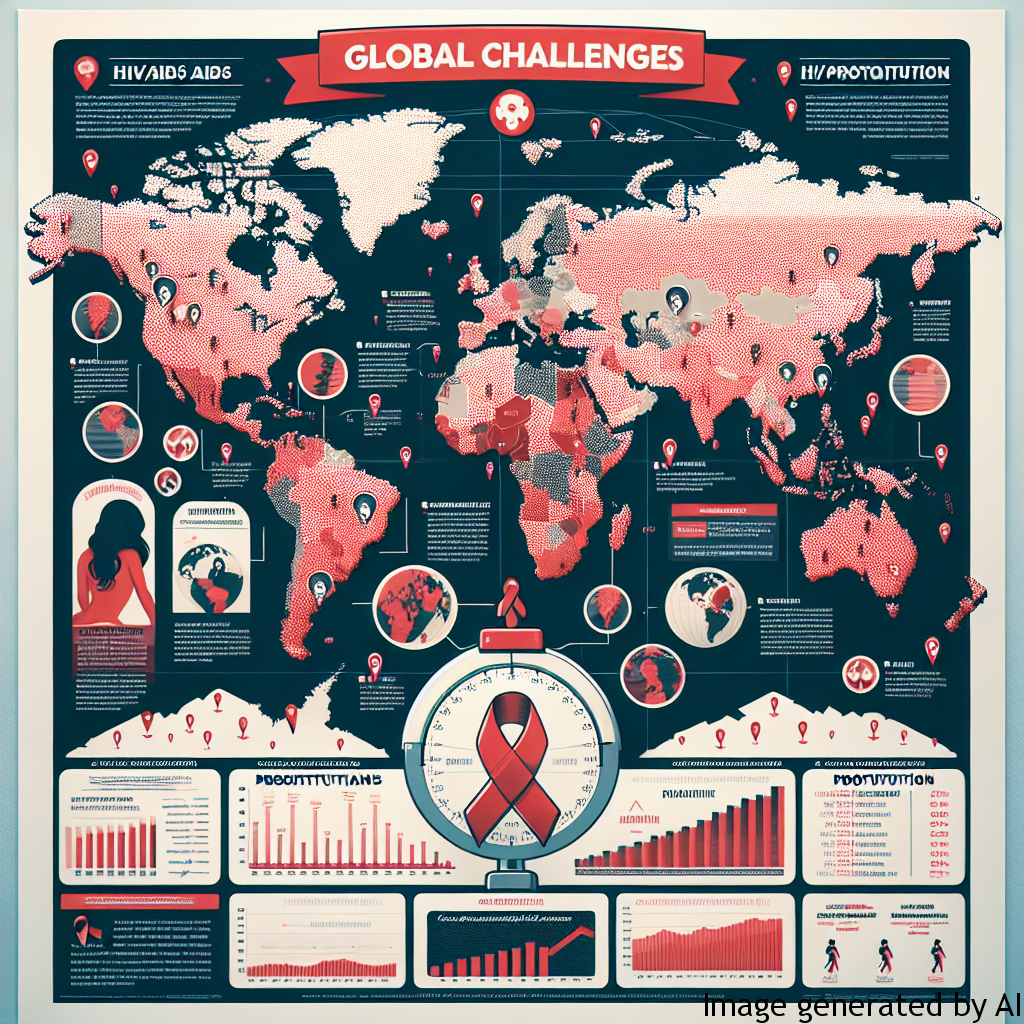Introduction
The relationship between HIV/AIDS and prostitution is a significant and complicating factor to the public health crisis, particularly in developing countries. The highly infectious nature of HIV/AIDS, coupled with low condom usage rates, lack of access to HIV testing, and the societal pressures in the sex industry, augments the risk. This article will also dwell on the impact of societal gender expectations on the psychological health of men and provide practical recommendations to improve their mental wellness within the confines of these roles.
Gender Expectations and Their Influence on Men’s Psychological Health
Gender Stereotypes and Mental Health
In many societies, men are expected to exhibit traits of toughness, dominance, and emotional restraint, a concept known as “toxic masculinity”. However, these expectations can be detrimental to the psychological health of men. They may inhibit them from seeking help for health issues, especially mental health, due to fear of appearing weak or less masculine.
Gender Expectations in the Context of Prostitution
Men who engage in sex work are sometimes doubly stigmatized, not only because of their involvement in an often illegal and socially condemned practice, but also because their occupation contradicts common stereotypes of masculinity. This could lead them to embrace risky behaviors, such as unprotected sex, which further exacerbates the HIV/AIDS epidemic.
Examples of How Gender Roles Can Influence Men’s Lives
Perhaps one of the most potent illustrations of this dynamic is in the context of men engaged in sex work. Societal expectations of masculinity can make it difficult for men in sex work to negotiate the use of condoms with clients, as it can give an impression of submission rather than fitting the dominant, masculine stereotype, thereby increasing their risk of HIV infection. Men may also not seek treatment for HIV/AIDS out of fear of discrimination and stigmatization, which can have severe health consequences and further facilitates the spread of HIV.
Tips for Improving Psychological Health Considering Gender Roles
One key strategy to improving psychological health in men is through encouraging open dialogue about mental health issues and debunking the myth that seeking help is not masculine. Moreover, providing non-judgmental, tailored health services for men involved in sex work, including HIV testing and counselling, can enable them to make informed decisions about their health without fear of discrimination. Promoting safer sex practices within this sphere is also vital, including endorsing the use of condoms as responsible rather than submissive.
Conclusion
Addressing HIV/AIDS in the context of prostitution should go hand-in-hand with challenging harmful gender stereotypes and encouraging a more open, supportive dialogue around men’s mental health. By taking a holistic, sensitive approach to these issues, we can hopefully begin to decelerate the spread of HIV/AIDS, improve the psychological health of men, and ultimately create a more equitable society.

